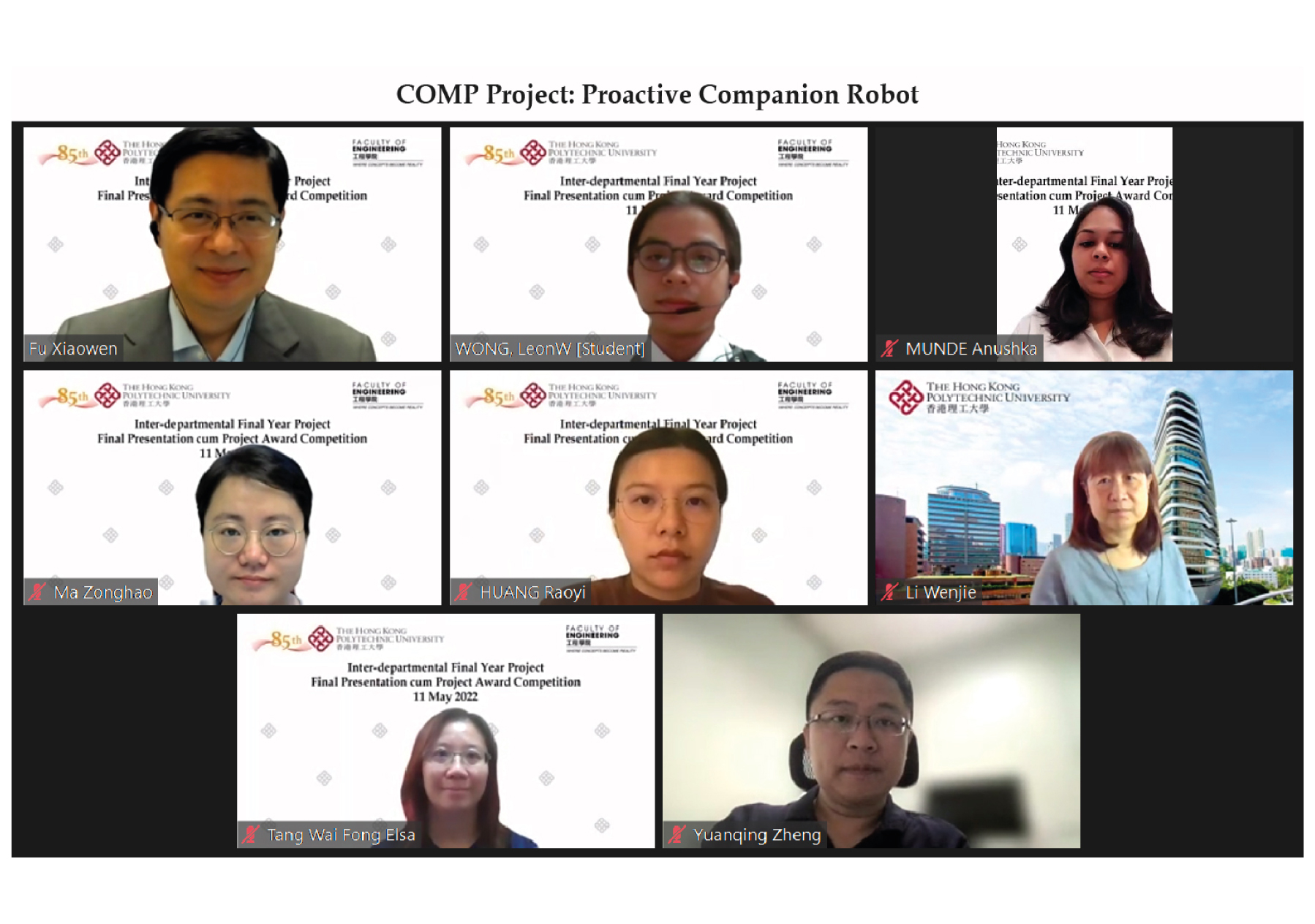Domain Expertise:
Biomedical Engineering
- The team focuses on the application of engineering principles to the healthcare and medical industries. It encompasses various aspects of medical technology, including research and development (R&D), medical device regulation, imaging technologies, and neuroengineering. Biomedical engineers work on improving healthcare by designing and developing medical devices and technologies to enhance patient care and outcomes.
Data Science and Engineering
- The team mentions the interest in data mining, machine learning, and natural language processing (NLP). Data science involves the collection, analysis, and interpretation of data to gain insights and make informed decisions. Data engineering focuses on the practical aspects of managing and processing data, often involving the development of systems and infrastructure to support data-driven applications.
Electronics and Information Engineering
- This domain combines scientific principles with engineering applications in various areas such as embedded systems, multimedia technologies, computer programming, electronics, telecommunications, and integrated circuit design. EIE professionals work on designing and developing electronic systems and technologies.
Artificial Intelligence (AI)
- The team mentions experiences in AI and the desire to work as an AI engineer. AI involves the development of intelligent systems that can perform tasks typically requiring human intelligence, such as speech recognition, image analysis, and decision-making. It's a rapidly evolving field with applications in various industries.
Human-Robot Interaction and Robotics
- The team discusses the development of a companion robot for socially isolated elders. This area involves designing robots that can interact with humans in a natural and helpful manner. It includes aspects like behavior recognition, fall detection, and creating robots that can communicate and assist in daily activities.
Lifelong Learning Excellence:
- The ability to adapt to different educational paths and career choices is evident in the text. For example, one individual mentions their plan to work in Data Engineering before pursuing a Master's in Data Science, showcasing adaptability in transitioning between roles and fields.
- Critical thinking is demonstrated in the text through the discussion of challenges faced in the project. For instance, adapting and improving the fall detection algorithm by considering different dimensions and bounding boxes to reduce false positives shows problem-solving skills.
- Effective communication is highlighted as crucial for teamwork. Clear and respectful communication among team members from different departments is emphasized as a key factor in project success.
- The importance of self-motivation and taking responsibility for one's tasks within a team is mentioned. Proactive involvement in project tasks and not relying on others to finish work are highlighted as key attributes.
- Time management skills are discussed in terms of setting achievable goals within project timelines. Learning to prioritize and focus on reachable goals is emphasize.
- The text reflects a commitment to lifelong learning by exploring new ideas and technologies, such as experimenting with different AI model architectures and datasets, and a willingness to adapt and learn from challenges.
- Leadership skills are demonstrated through roles like response generation and remote vitals detection. Collaborative efforts and coordination among team members are key to the successful integration of different project components.
- The importance of early planning and goal setting is mentioned to guide one's educational and career path. Planning helps in making informed decisions about future steps.
Inspiring Quotes:
